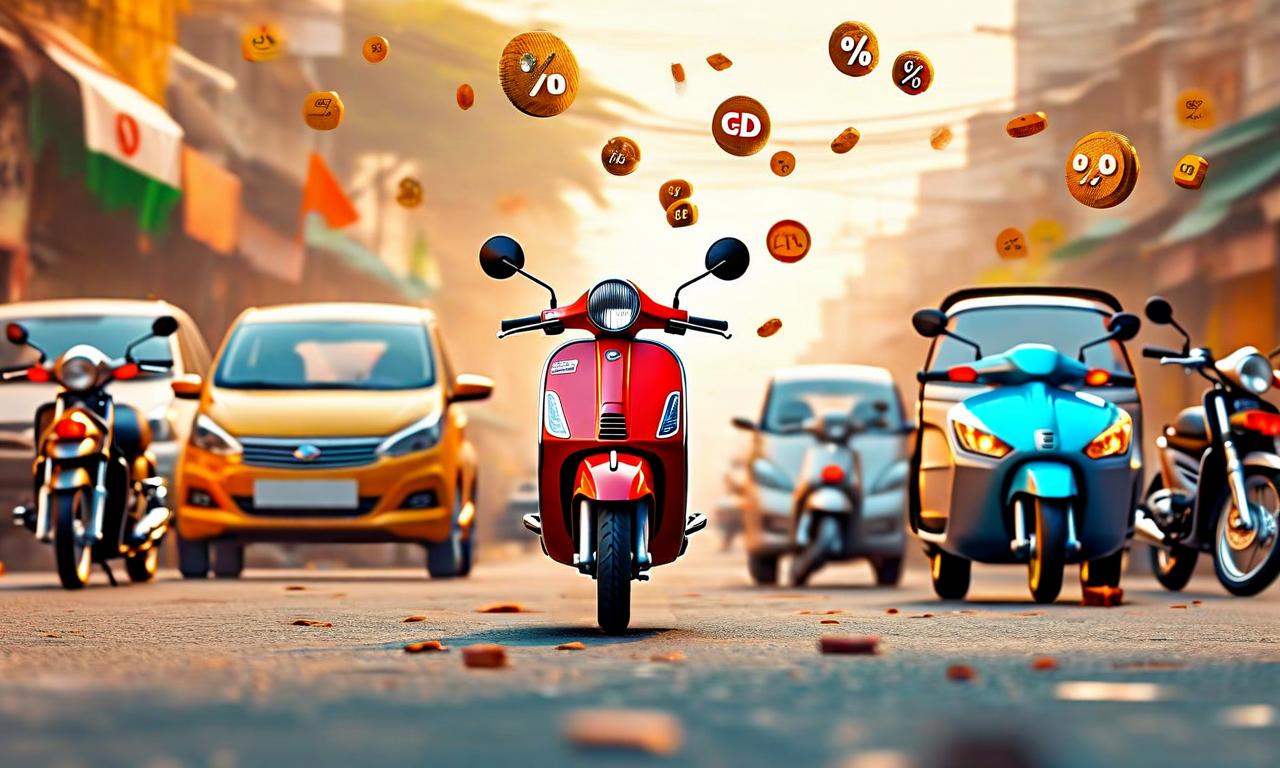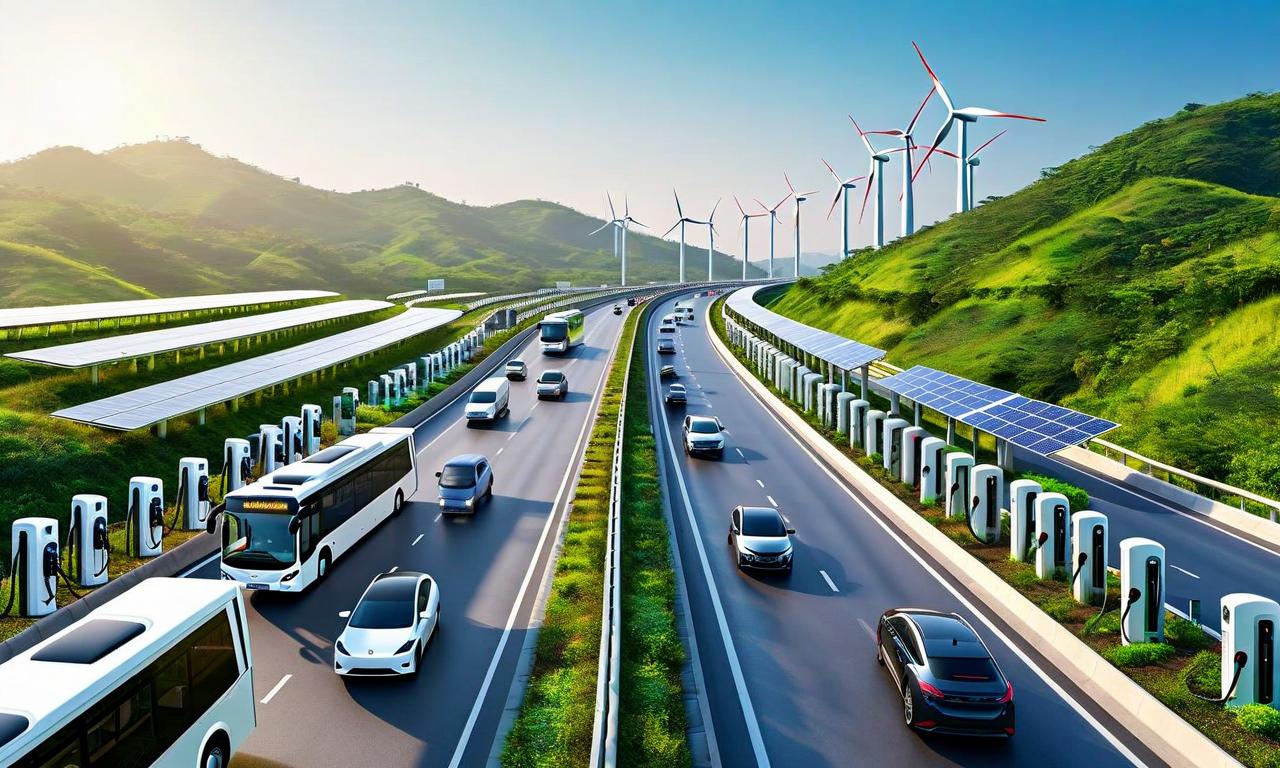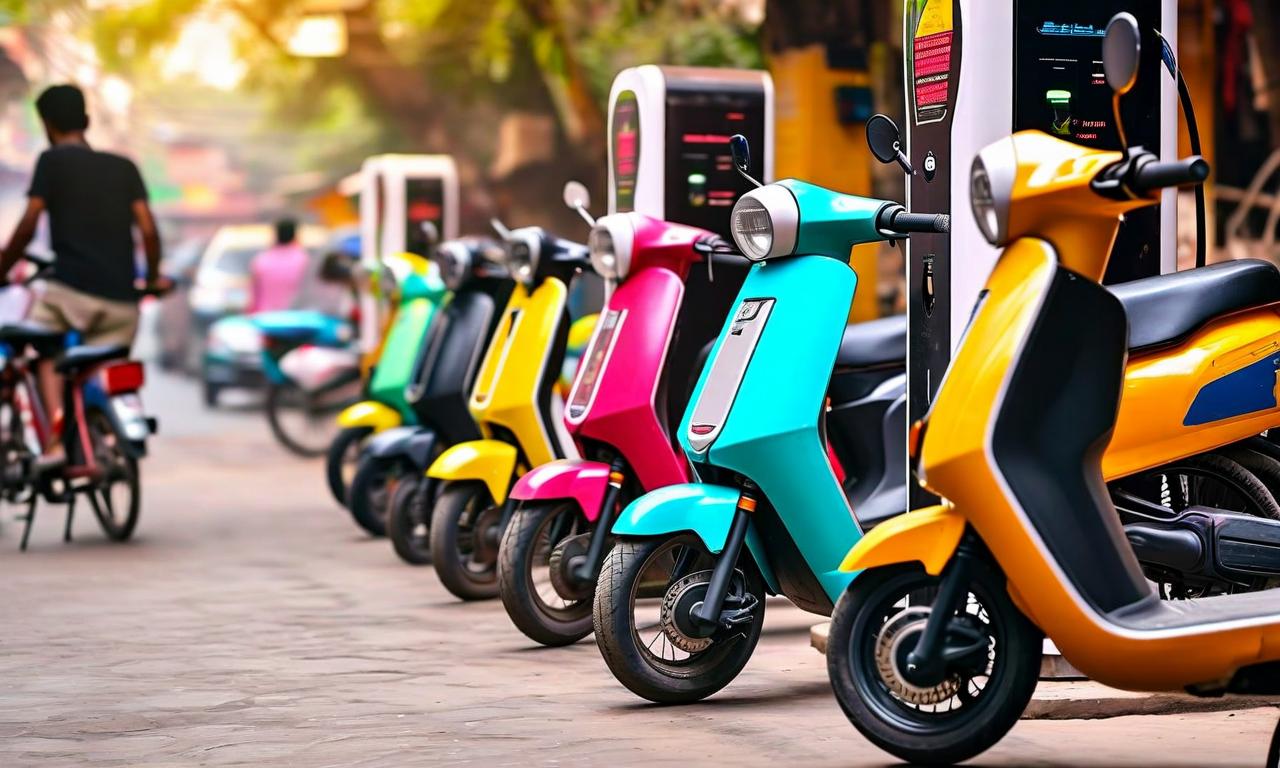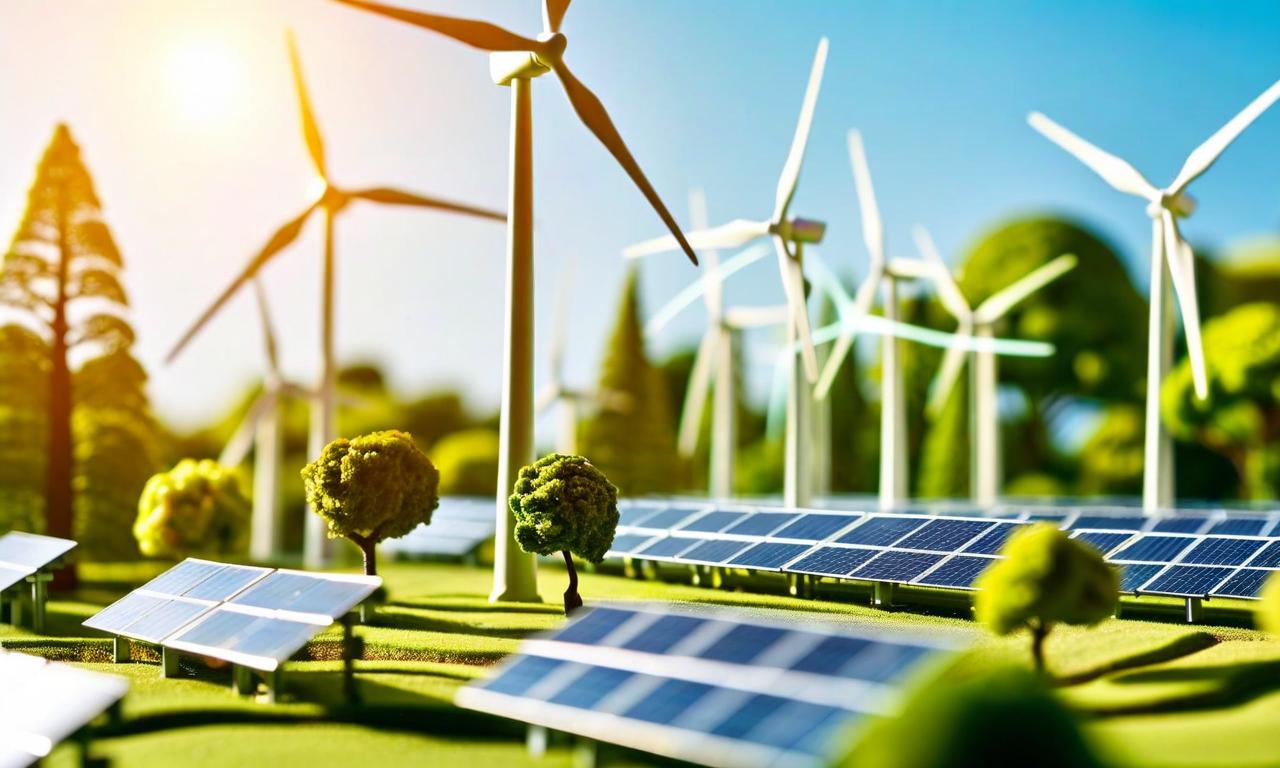EV Prices in India to Match Petrol Vehicles Soon, Gadkari Reveals
Union Road Transport Minister Nitin Gadkari announced that electric vehicle prices in India are expected to equal petrol vehicle prices within 4-6 months. India's automobile industry has grown from Rs 14 lakh crore to Rs 22 lakh crore, making it the third-largest globally. Gadkari aims to make India's automobile industry the world's largest within five years. The country spends Rs 22 lakh crore annually on fuel imports. Farmers have earned an additional Rs 45,000 crore through ethanol production from corn.
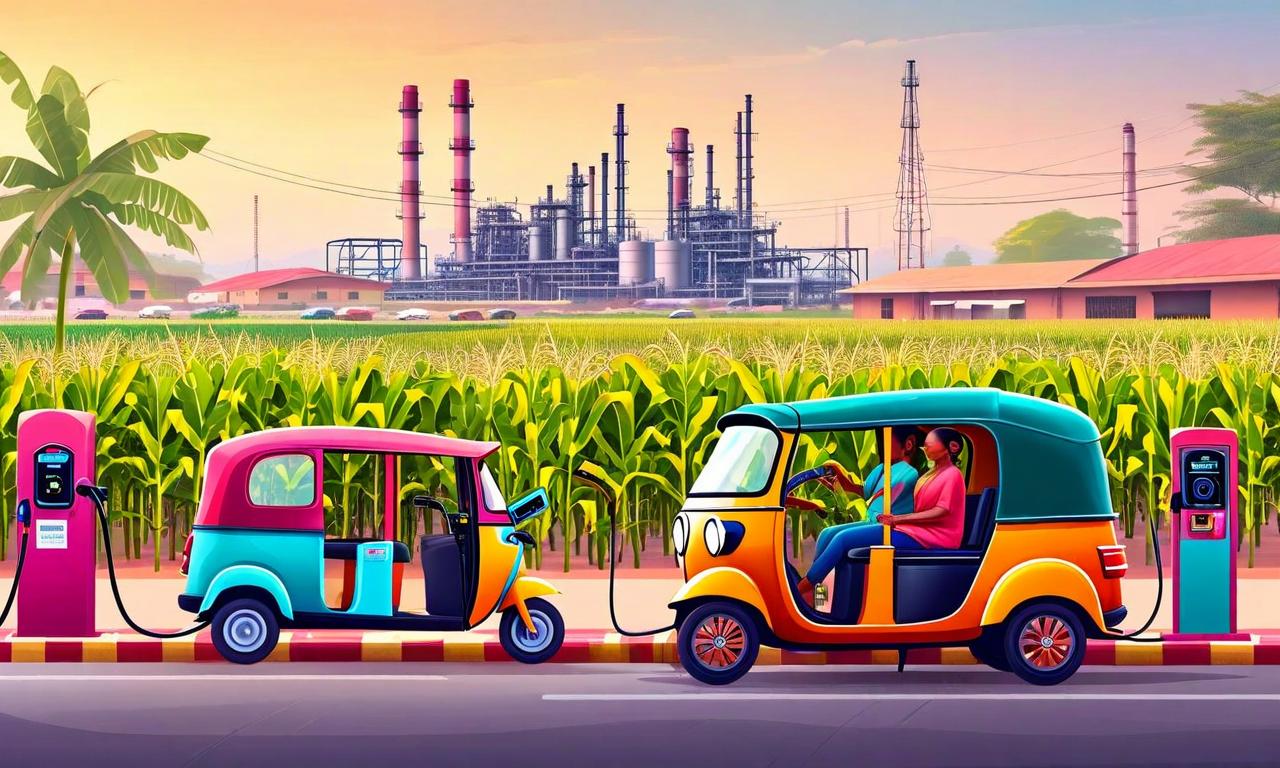
*this image is generated using AI for illustrative purposes only.
Union Road Transport and Highways Minister Nitin Gadkari has made a significant announcement that could reshape India's automotive landscape. According to Gadkari, electric vehicle (EV) prices in India are expected to equal those of petrol vehicles within the next 4-6 months, potentially accelerating the country's transition to cleaner transportation.
Key Highlights
- EV prices to match petrol vehicle prices in 4-6 months
- India's annual fuel import expenditure: Rs 22 lakh crore
- Five-year target: Make India's automobile industry world's largest
- Current global automobile industry rankings:
- US: Rs 78 lakh crore
- China: Rs 47 lakh crore
- India: Rs 22 lakh crore
Economic and Environmental Implications
Gadkari emphasized that India's substantial annual fuel import expenditure of Rs 22 lakh crore is not only an economic burden but also a significant environmental concern. This revelation underscores the urgent need for the adoption of clean energy alternatives in the transportation sector.
Growth in India's Automobile Industry
The minister highlighted the impressive growth of India's automobile industry during his tenure:
| Period | Industry Value |
|---|---|
| Previous | Rs 14 lakh crore |
| Current | Rs 22 lakh crore |
This growth positions India as the third-largest automobile market globally, trailing behind the United States and China.
Ambitious Five-Year Target
Gadkari has set an ambitious target to elevate India's automobile industry to the world's largest within the next five years. This goal, if achieved, would represent a significant leap from India's current third-place ranking.
Ethanol Production: A Boost for Farmers
In a related development, Gadkari mentioned that farmers have earned an additional Rs 45,000 crore through ethanol production from corn. This initiative not only supports the agricultural sector but also contributes to the country's biofuel production efforts.
Conclusion
The anticipated price parity between electric and petrol vehicles in India could be a game-changer for the automotive industry and environmental sustainability. As India strives to reduce its dependence on fossil fuels and combat climate change, the shift towards electric vehicles could play a crucial role in achieving these objectives while potentially reshaping the global automotive landscape.
